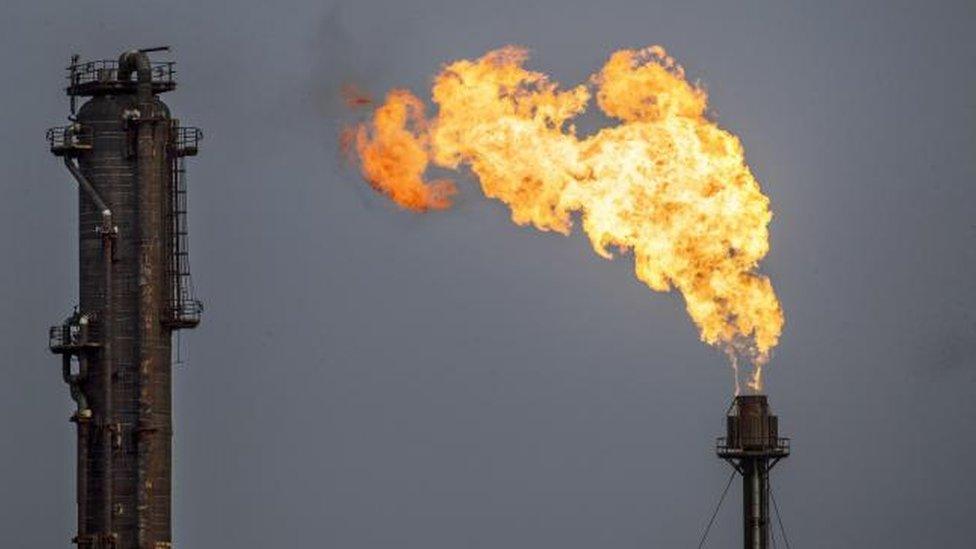Mossmorran: Gas processing plants get two-month flaring deadline
- Published
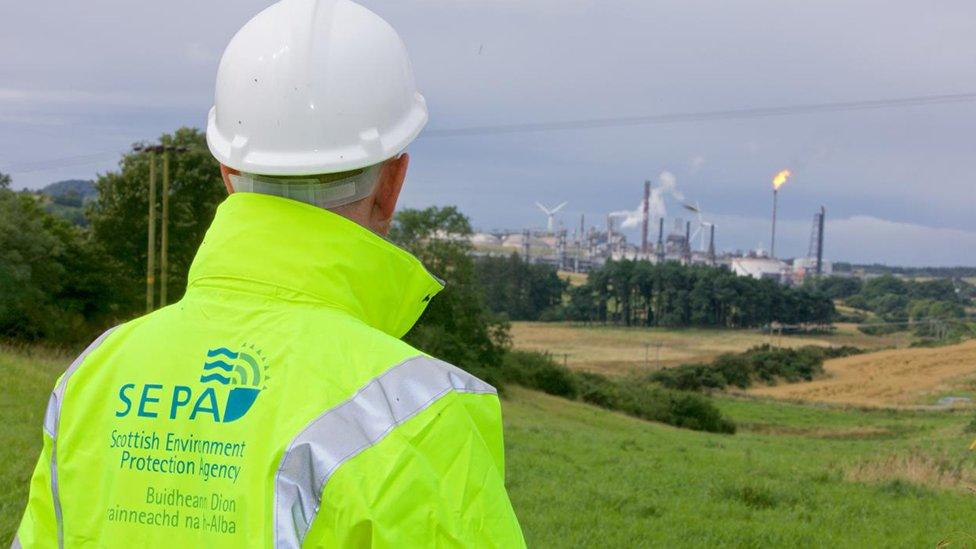
Sepa wants "faster progress" from the companies operating at Mossmorran
A company at the centre of gas-flaring complaints in Fife have been given two months by the environmental regulator to come up with a plan to fix the problem.
Sepa officials have varied operating permits for Exxonmobil and Shell Fife NGL at the Mossmorran complex.
They have also told them to install flare tips that reduce noise.
James Glen, chairman of the Mossmorran Action Group, said it was "good Sepa is getting stronger with enforcement".
Exxonmobil said local people could be "assured" they were taking the action needed to tackle the problem.
And a Shell spokesman said it strived to minimise the impact of the "vital" plant on the local community.
In 2018, Sepa (the Scottish Environment Protection Agency) issued final warning letters to both operators about flaring, which it said was "preventable and unacceptable".
The key points in the Sepa action include:
To require both operators to achieve "best available techniques" at the Fife petrochemical complex.
Flaring will be the "exception rather than routine" with new infrastructure to address unacceptable impacts of flaring events on local communities.
Noise reducing flare tips to be installed in 2020 for ExxonMobil Chemical Limited and in 2021 for Shell UK Limited.
Two months required for ExxonMobil Chemical Limited to come forward with the "shortest period possible to plan, design, build and safely integrate" new ground flare technology.
Steam is used to prevent the black smoke caused during flaring but using steam is noisy.
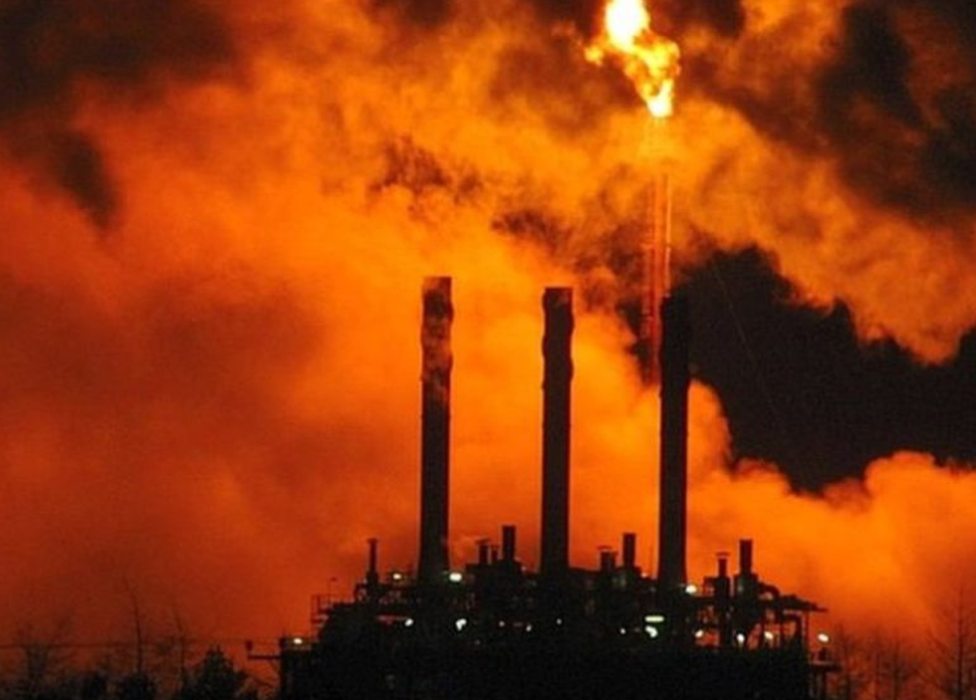
Flaring at Mossmorran should be "an exception rather than routine"
The flare tips work by reducing the noise and therefore allowing operators to use more steam which produces less black smoke during flaring.
Mr Glen told the BBC Scotland news website: "It is good Sepa is getting stronger with enforcement but there is a log way to go before communities are pleased."
'Unacceptable impacts'
Sepa chief compliance officer Ian Buchanan said: "Last week we reiterated that compliance with Scotland's environmental rules is simply non-negotiable, we said that Sepa and local communities wanted faster progress and outlined the steps we would take to make this happen.
"Today we've moved to vary the operating permits of both ExxonMobil Chemical and Shell to require them to take action in the shortest possible timeframe. Addressing the unacceptable impacts will require substantial investments of which both companies are fully aware.
"People rightly expect that their lives won't be impacted by nearby industrial processes. Most also recognise that addressing the root causes won't happen overnight. We want and expect ExxonMobil Chemical to move faster."
He added: "Today's action will get us to clear commitments and milestones to address the systemic causes of flaring and ensure future flaring becomes an exception rather than routine."
'Vital role'
Jacob McAlister, plant manager at Exxonmobil's Fife Ethylene Plant, said the firm had made "significant progress" in addressing the issue.
"We are prioritising the 12 steps that can help prevent the need to flare, while the final two - including a new flare tip and ground flare or equivalent to meet BAT (best available techniques) - are technical solutions to minimise amenity concern on the occasions when flaring is required," he said.
"Our key process actions have already delivered benefits, as was demonstrated during our planned flaring event in July, when we significantly reduced the size of the flare itself and the length of time it was operating.
"Work on the planning process with Fife Council for our new advanced flare tip due for installation next year is also underway. This technology alone can reduce the noise and vibration compared with our current flare."
Shell's Teresa Waddington said they will review the notice of permit variation carefully.
"We are committed to operating the Shell Fife NGL plant within regulations, and improving in alignment with best available techniques for flaring practices," she added.
"The plant plays a vital role in the supply of energy to Scotland and the UK every day, and we strive to minimise our impact on the local community."
- Published23 August 2019
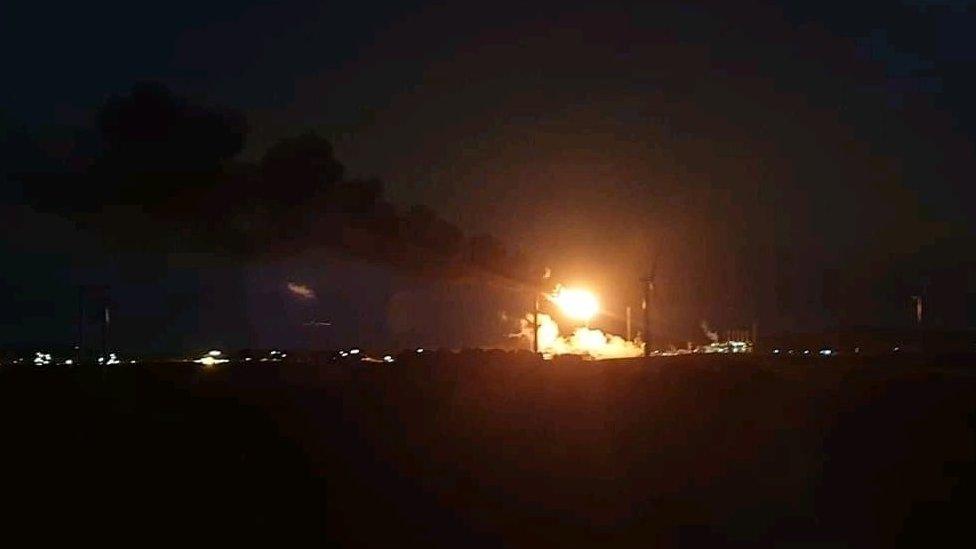
- Published22 August 2019

- Published13 August 2019

- Published10 August 2019
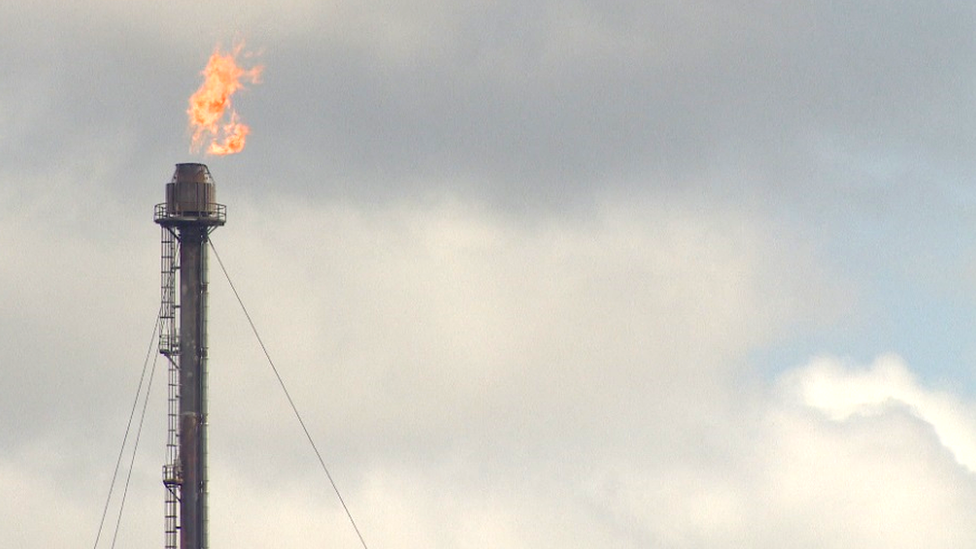
- Published30 June 2019
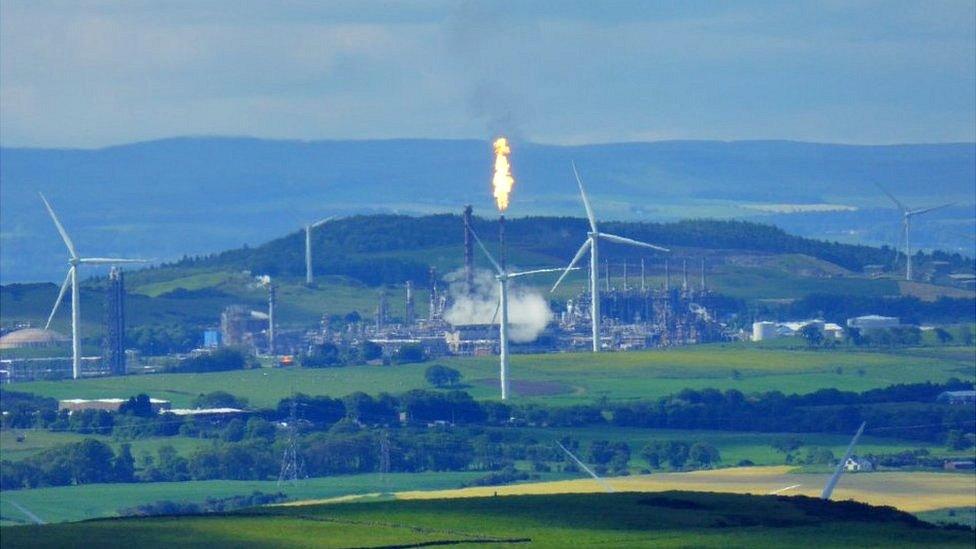
- Published14 June 2019
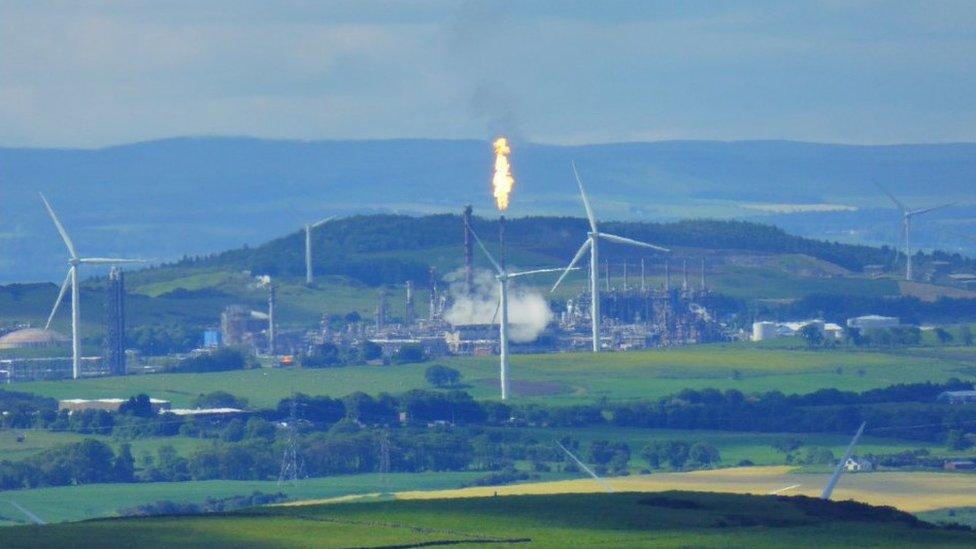
- Published27 April 2019
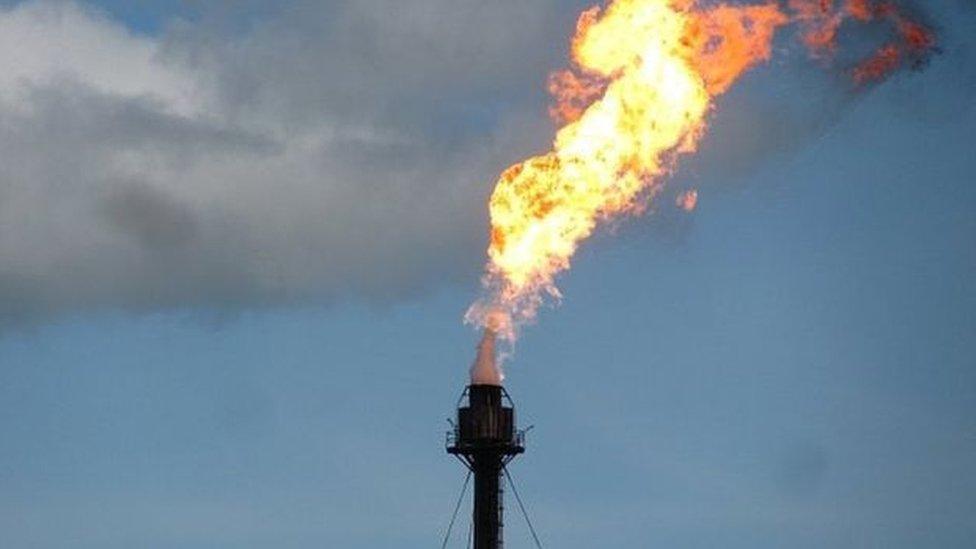
- Published23 April 2019
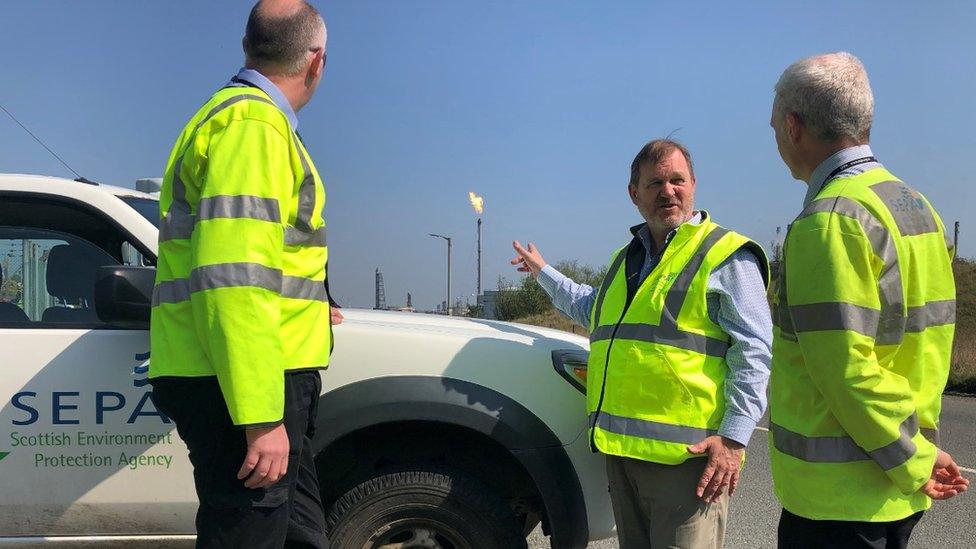
- Published25 April 2019
